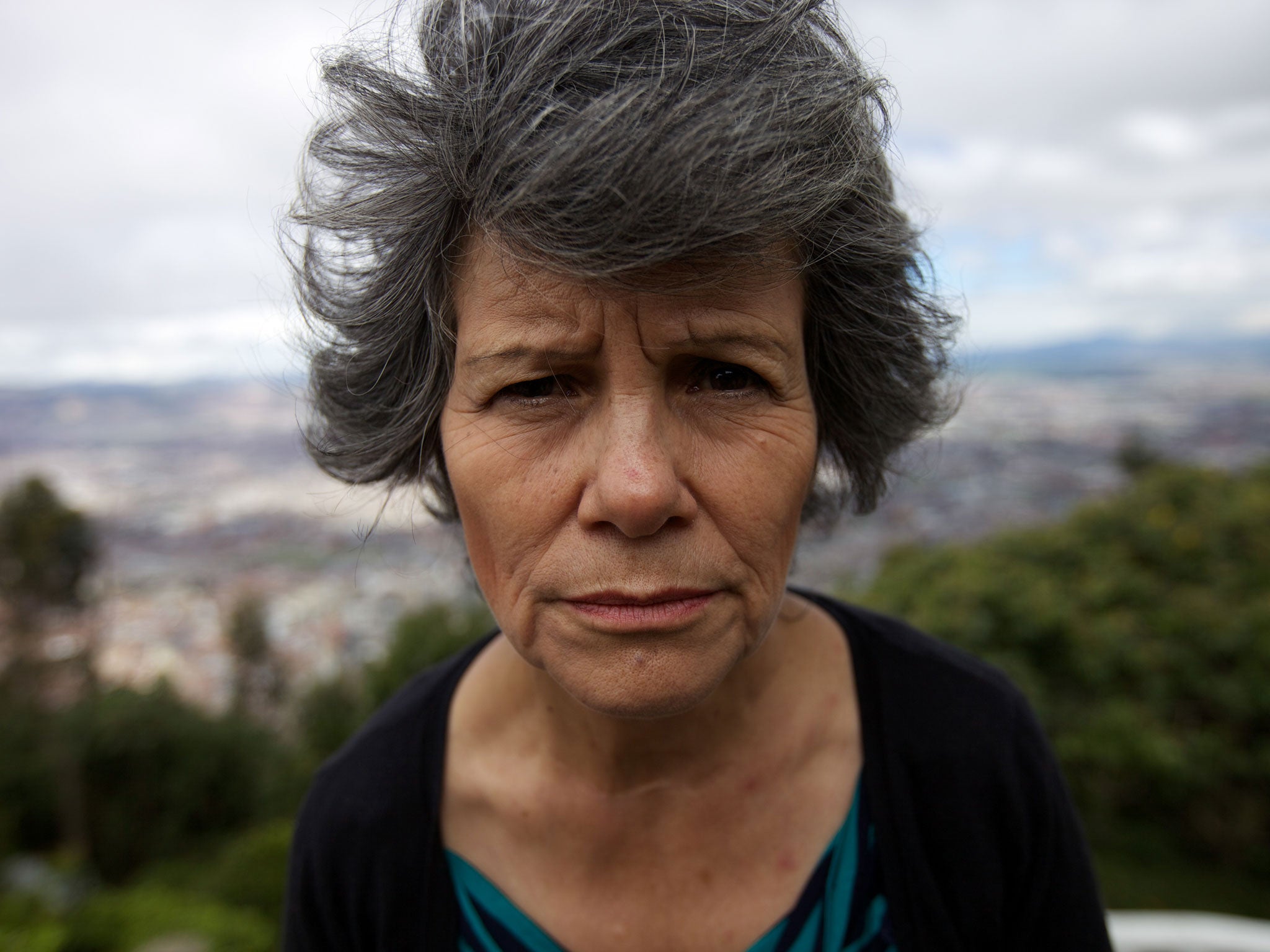Woman Raised By Monkeys, National Geographic: Review - an incredible tale that masked a childhood of unspeakable trauma

Your support helps us to tell the story
From reproductive rights to climate change to Big Tech, The Independent is on the ground when the story is developing. Whether it's investigating the financials of Elon Musk's pro-Trump PAC or producing our latest documentary, 'The A Word', which shines a light on the American women fighting for reproductive rights, we know how important it is to parse out the facts from the messaging.
At such a critical moment in US history, we need reporters on the ground. Your donation allows us to keep sending journalists to speak to both sides of the story.
The Independent is trusted by Americans across the entire political spectrum. And unlike many other quality news outlets, we choose not to lock Americans out of our reporting and analysis with paywalls. We believe quality journalism should be available to everyone, paid for by those who can afford it.
Your support makes all the difference.In April of this year, Marina Chapman, a sixtysomething grandmother from Bradford, published an autobiography in which she made an astonishing claim. She said she had been kidnapped from her family home in Colombia at the age of five and abandoned in the jungle, where she was taken in and raised by a group of capuchin monkeys. Instead of just smiling and nodding politely, like many of the Breakfast TV interviewers did, National Geographic made Woman Raised By Monkeys, a documentary in which their cameras accompanied Marina on a trip to Colombia and attempted to investigate the veracity of her claims.
The psychologist suspected false memory syndrome; the primatologist doubted whether capuchin monkeys could form such close bonds; but the forensic anthropologist found evidence of childhood malnutrition in Marina’s bones, which appeared to corroborate her story. Through all the prodding, probing and provoking, Marina stuck doggedly to her truth: “To be honest I don’t care. I don’t care, because I can’t prove. It’s just difficult to prove stuff.”
Unusually, the mystery at the heart of this documentary seemed sure to remain, even if Marina’s story was definitively debunked. As local history expert Kevin Howlett pointed out, her childhood took place during La Violencia, a time of great suffering, especially in rural Columbia. Amid such upheaval it would not have been unusual for the welfare of a child to be overlooked. If Marina’s life story was an invented memory, what more terrible trauma might her brain be struggling to suppress? And what could be worse than the abandonment and abuse she did recall?
Soon, the question of whether Marina was a loveably eccentric granny or a money-grubbing con artist ceased to be so pressing. It became obvious that this woman was at least speaking the emotional truth about her childhood; and those objective facts which were corroborated were wretched enough to evoke our pity all on their own. Ultimately, there was little in the way of conclusive evidence re: the monkeys – but in one sense, thankfully, Marina already has her happy ending: a loving, human family in Bradford to call her own.
Join our commenting forum
Join thought-provoking conversations, follow other Independent readers and see their replies
Comments